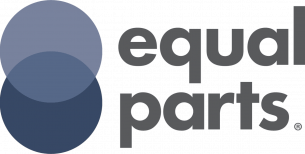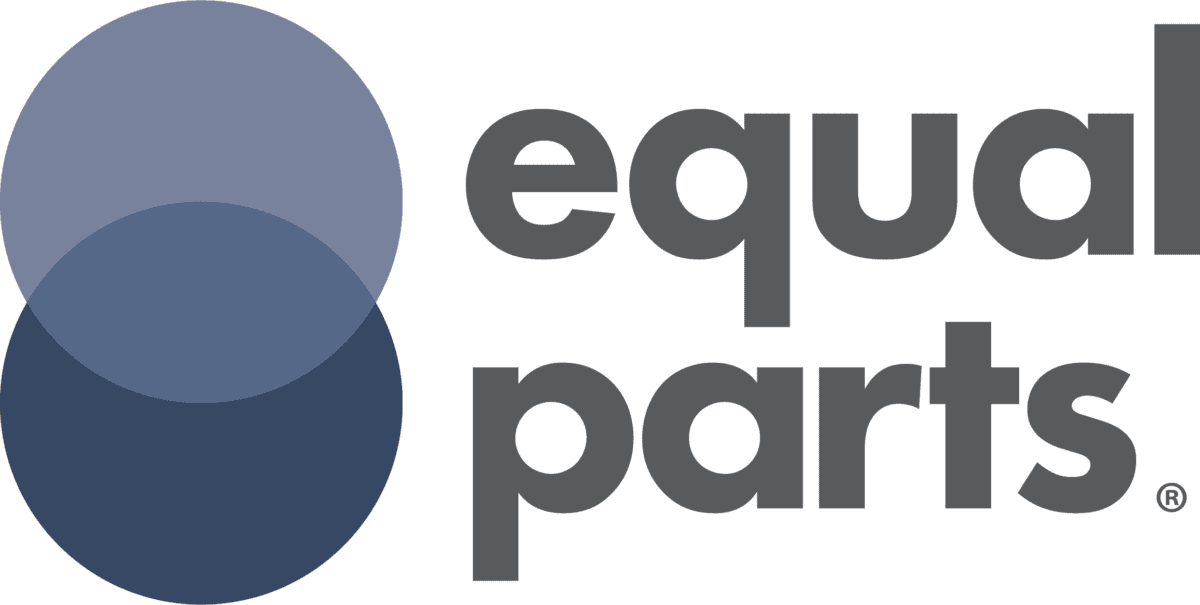Strict protocols, standard procedures, policy, and inflexibility are no longer the hallmarks of a strong and resilient company. Today’s markets call for companies flexible enough to move quickly, even to the point of changing their internal operations, to meet the needs of their customers.
Companies refusing to adapt to ever-changing market environments are doomed to either stagnate or, worse, close their doors when faster-moving competition dominates their market.
Keep in mind it is the employees that make the company. Often it is business executives failing to be proactive in their jobs who lead their companies down the path of mediocrity.
Infrastructure optimization is the process Equal Parts uses to enhance the operations of a company. We’ve learned that the majority of businesses are responsive and react as quickly as they can to needs of customers.
However, if a company doesn’t respond fast enough or doesn’t understand the feedback from a strategy, they could be missing out on profit and market share opportunities.
Infrastructure optimization requires managers to reevaluate current strategies to see if their needs are being met. If they aren’t, it could be a result of poor execution of strategies, or the strategies themselves could need to be readjusted to meet the actions of the real world.
These Two Companies Failed To See The Writing On The Wall And Paid Dearly
Two companies that fell into the trap of rigid thinking are VW and Wells Fargo. A recent article in the Harvard Business Review captured the results of what happens when executives fail to respond to their employees.
In the case of VW, the company created the atmosphere that all projects had to be successful. There was no room for failure. With a company culture like that, it is no surprise the engineers created a software that produced false emission reports.
VW officials were advised they couldn’t make their diesel-burning vehicles clean enough for them to conquer the US market. However, executives didn’t pay attention to the information and forged ahead with their plan.
If the executives had taken the time to readjust their strategy, they could have avoided $3 billion dollars in fines and the embarrassment of the cheating scandal.
Likewise, Wells Fargo implemented a strategy of cross-selling products to existing clients. This strategy is solid. However, they set goals and expectations at levels that were found to be unreasonable.
Instead of changing the goals, they put pressure on the workers to meet the goals. The workers, fearful of appearing as failures, responded by creating false accounts and sales. Once discovered, the scandal resulted in $185 million in fines and another $110 million in civil settlements.
The Difference Between The Big Guys And You
The larger the corporation, the easier it is for them to absorb the fines and costs of poor management. However, small companies don’t have the same luxury, and any company can find these circumstances to be detrimental to future success.
Your company needs an ongoing plan to adjust market strategies. Taking a “this is the plan and we’ll never change” attitude just isn’t going to cut it in today’s world.
Equal Parts works with business executives by using existing resources to optimize the operation of their company at minimal cost and with little disruption in their day-to-day activities. Getting more out of what you already have is the heart of infrastructure optimization.
Equal Parts’ method is to examine your company using your existing metrics, company culture, operations, and strategy. We have managers reach out to the workers to learn where the strengths and deficiencies exist, and then we work towards preserving the strengths and strengthening the weaknesses so you can keep your competitive edge. We invite you to contact us for a consultation so you can learn how we can help you optimize your business operations.

